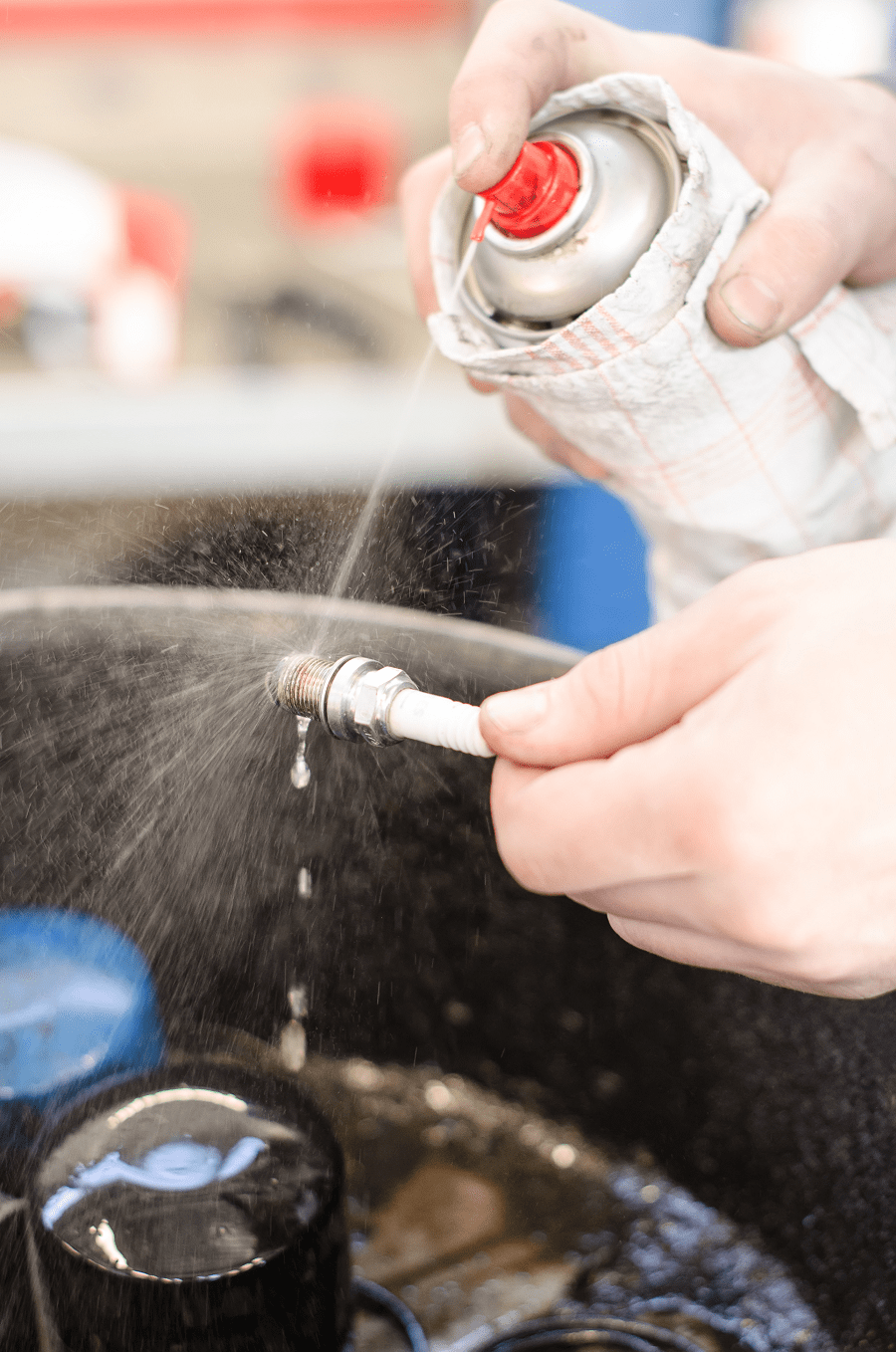A solvent base cleaner is a cleaning agent that uses a chemical base to achieve efficacy, as opposed to water based cleaners, which predominantly uses a base of water to perform cleaning. However, as effective as a water based cleaners can be, they are often insufficient for a certain cleaning operations. If you need to choose a replacement, solvent-based degreaser, making the following, crucial considerations can help you select the right product for your needs.
1. List of Reportable Chemicals
Since 2015, nPB has been on the list of toxic chemicals subject to reporting under section 313 of the Emergency Planning and Community Right-to-Know Act (EPCRA) of 1986 and section 6607 of the Pollution Prevention Act (PPA) of 1990. Many in the solvent industry see this legislation as preceding the inclusion of nPB n the EPA’s list of lists, which identifies chemicals that are demonstrated to produce airborne pollutants that harm human health.
However, chemicals don’t instantly appear one the EPA’s toxic inventory list. Rather, the EPA generally communicates upcoming chemical regulations to companies and organizations well ahead of time to give them the time to phase-out solvents such as nPB and identify safer solvents that offer better safety profile, while delivering just as much cleaning power.
2. Method of Degreaser Use
Will you wipe the degreaser on surfaces that need cleaning, or will you use a spray application to coat the surface? In the latter case, it’s often ideal to use a highly evaporative, dielectric cleaner in aerosol. Once parts are thoroughly sprayed, the grease and grime fall away from parts like water from a duck’s back. An order of aerosol containers may cost more than an order of wipe containers, but simplified cleaning can have a major impact on solvent expense.
3. Opportunity to Receive Custom Orders
Many replacement solvent based degreaser suppliers supply stock solutions that are formulated to cover a wide range of options. However, many companies and organizations need to upgrade the options that a solvent based degreaser offer. This is where working with a provider of custom cleaning solutions can help dramatically. The manufacturer can formulate solvent based degreaser that is specifically designed for your organization’s type of cleaning purposes.
4. Compatible With Parts Washing Systems
Last but certainly not least, if you use an industrial parts washing systems, as many large organizations do, it’s essential to identify a solvent that synchronizes with your parts washing system. Furthermore, when the system is used for vapor degreasing, a solvent may be chosen that can be recycled by being purged and condensed in a cooling unit in the parts washing system unit.
Replace Your Solvent Based Degreaser Today
Contact Ecolink for choose from a variety of eco friendly cleaning solutions that are environmentally preferred or environmentally safe, without jeopardizing your well-established cleaning operations. To find out about healthier solutions for your workers, which have the same cleaning power as the original solutions, call us today at (800) 563-1305, or fill out the contact form on our website.















